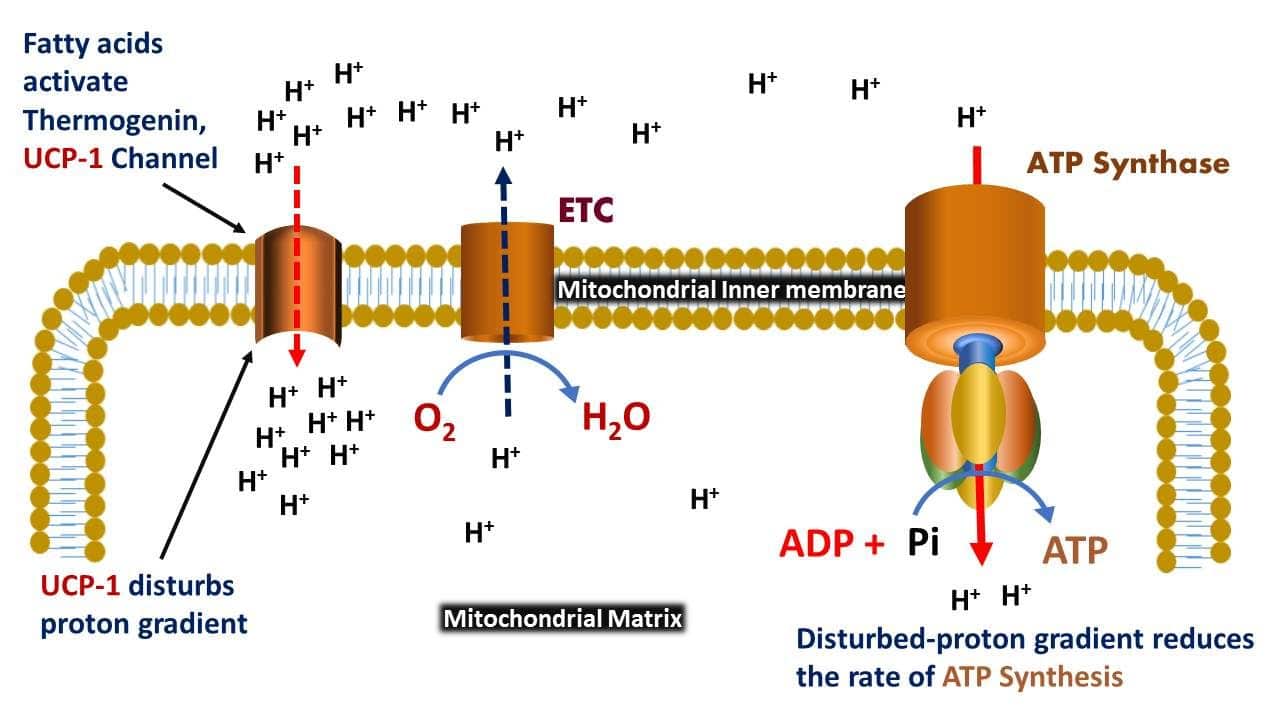Originally Posted by
GhostRider62
I did a lot of fasted rides and spent about 18 months in ketosis on a LCHF diet. My guess from experience is to be careful with high intensity work. The body gets good at making glycogen from fat, so, it isn't like you are always depleted. I know that with sufficient time and training, it becomes impossible to bonk.
mTORC1 and mTORC2 are interesting. I was in a weight loss catabolic state when I crashed last September breaking 10 bones. I was intermittently fasting. I had to decide what to do diet-wise while recovering. The research is conflicting WRT bone formation. I found that my resting heart rate increased from mid 50's to 85-90 BPM. I would wake multiple times every night drenched in sweat despite having no blanket on and the A/C set to 65F. I also was always hungry. I was concerned enough to see my Doc. He got his Medical degree in the military and did trauma work in war. He said it was normal and that I was probably burning 5500 calories a day healing. So, I decided to eat and supplement heavily. I also healed very, very fast for an old fart per all the Docs and PTs.
Now that I do need to lose weight and that the bones are healed (although the elbow still hurts), I am trying to figure an approach to weight loss. One that does not impair bone health or lose muscle. I am thinking of paying for Dexa Scans over the next 6 months. My training object is generally to get as low a VLa max as possible meaning I can ride at a pretty good clip burning a high percentage of fat. This takes a lot of riding time sub threshold. I know that these types of rides provoke profound changes in mitochondria and associated enzymes but is there a cost to one's bone health? That is my question that I have not been able to figure out. My SWAG is 2-4 hour Z1/Z2 rides while IF are ok but more intensity or duration could be a problem.
Mitochondria turn over every couple months. I am doing my training bassawkwards, starting with intensity now and then moving to lower intensity and longer distances. Why? I was able to do very short efforts and I felt maintaining max aerobic capacity is critical for me at my age. It will be interesting. I just can't decide whether to inject IF. I do not agree with those who say you can get into ketosis in 8-12 hours. My blood lactate meters used over the years says overwise. I am thinking of having Sunday family dinner and then long Z2 ride monday and Tuesday, breaking the fast at lunch Tuesday. Doing this weekly.
MTOR is fascinating to me. My understanding is that MTOR is the lever for protein synthesis. Though I think the benefits of shutting it down via fasting is overstated. I think the benefits of fasting is the action at insulin(autophagy and fat metabolism switch) and AMPKinase(switch to recycle inefficient mitochondria).
While I personally do 3-4 OMADs per week, I do eat carbs. I do eat a lot of meat and beef liver.
When we order out yummy food for the weekend, then the following nights I will have sweats. I think this is perfectly normal. With the LCHF/fasting/cardio regimen/cold exposure), you are creating more brown fat. Brown fat is fat cells with mitochondria as opposed to white fat with is just fat cells that store fat. If you are intaking a lot of calories, your brown fat will burn calories to create heat as opposed to chemical energy(ATP). You also have a lot of H20 byproduct. So yeah, sweat and fuller night time bladder goes hand in hand with that:

I suspect that what your doctor said was true. For repair, you probably do want higher insulin and mtor activity. LCHF is probably not conducive to that.